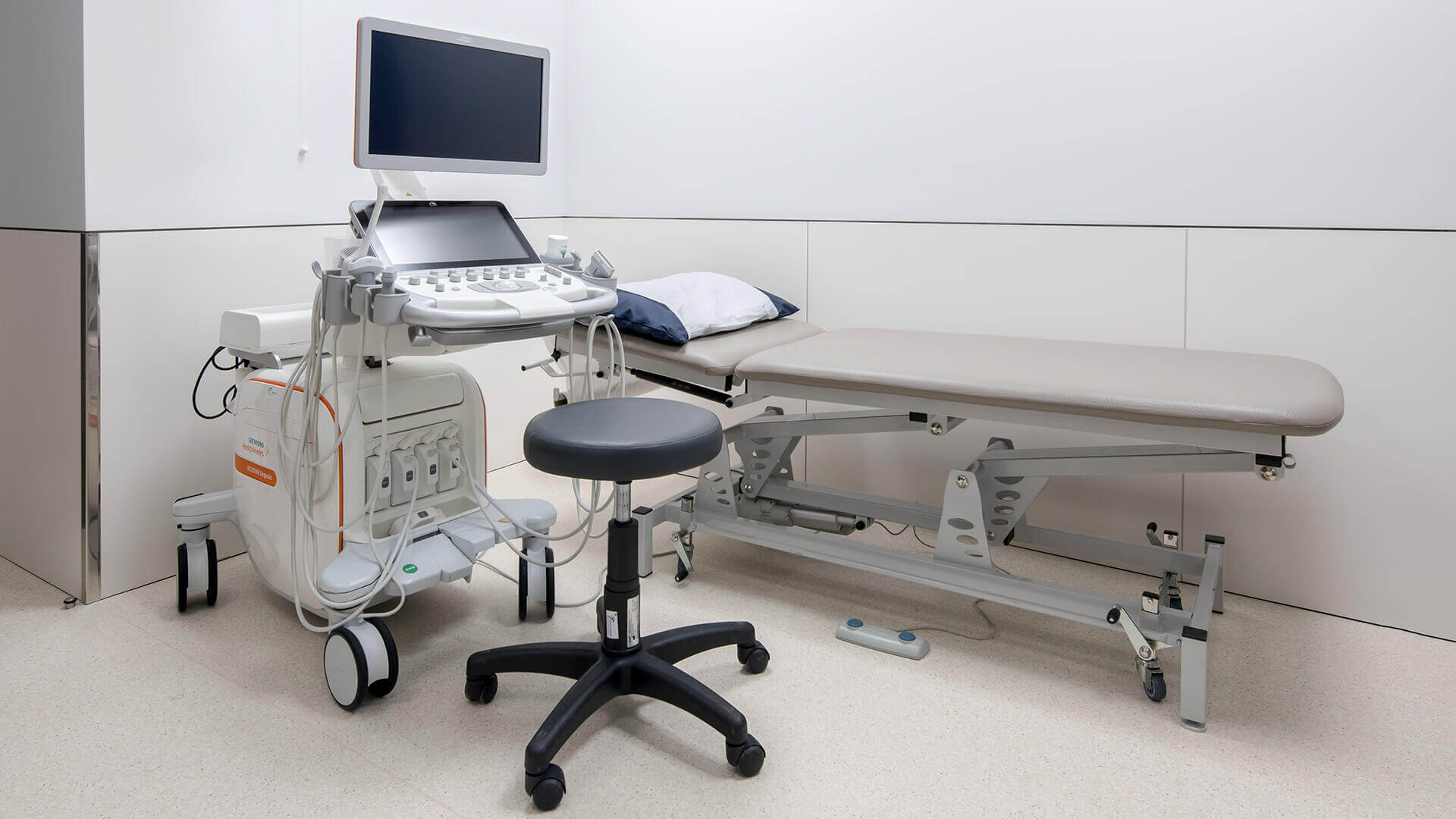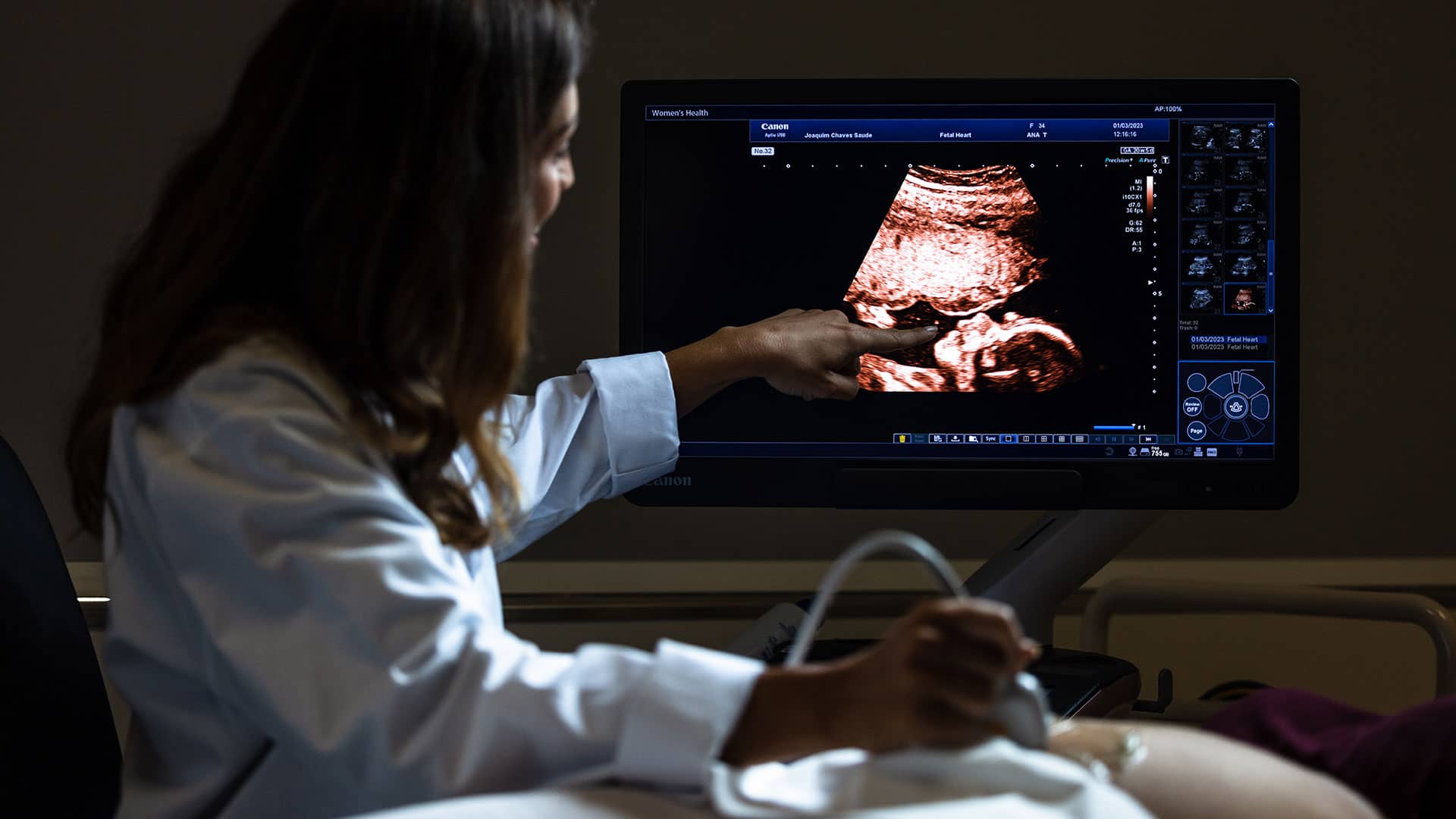Find out the factors that affect fertility and the best practices to increase your chances of conceiving. In this article we share practical and useful information on fertility and the available treatments.
Fertility window: how to calculate and predict it
The typical length of a menstrual cycle is 25 to 35 days, and it can be regular, even if the duration is not always exactly the same. The fertility window is the interval in the menstrual cycle when the likelihood of conception is highest, lasting approximately 5-6 days: the day of ovulation and the 4-5 days prior, which is the time sperm can survive inside the uterus. In a 28-day cycle, the fertility window is usually between the 10th and 14th day, although most cycles are longer or shorter, so this interval can vary.
From the beginning of the menstrual cycle, the ovary, controlled by the pituitary gland, releases hormones to trigger follicle development and prepare the uterus for a possible pregnancy. This follicular recruitment culminates in ovulation, at which point the released egg can be fertilised by sperm and subsequently implanted in the endometrium.
There are several approaches to obtain a more accurate estimate of your fertile day:
Ovulation tests
Ovulation tests are a useful tool to determine the approximate time of ovulation. The tests detect an increase in the luteinising hormone in urine, which occurs shortly before the egg is released.
Calendar method
This method involves monitoring your menstrual cycles to predict ovulation. For women with regular 28-day cycles, the fertility window can be calculated by counting 14 days from the start of the last menstrual period. Although this method can give a useful estimate, it is not infallible, especially if your cycle is irregular. Furthermore, as most menstrual cycles are not 28 days, a later or earlier ovulation usually dictates whether the cycle is shorter or longer.
Measuring basal body temperature
This method requires tracking your basal body temperature every morning before getting out of bed. After ovulation, the temperature increases slightly. However, this method only confirms ovulation after it has occurred, which may be too late to maximise the chances of conceiving in this cycle. In addition, factors such as travel, changes in sleep cycles and alcohol consumption can affect the precision of this method.
Is there an ideal frequency for intercourse to increase the chances of conceiving?
There is no ideal frequency for sexual intercourse in order to get pregnant. For a long time, it was considered favourable to have unprotected sex every two or three days, as this would prevent decreases in semen volume and sperm concentration. However, today it is known that repeated ejaculations (daily or more than once a day), do indeed decrease the volume and concentration, but increase the qualitative potential of sperm, literally choosing the strongest.
Planning pregnancy in advance can make a major difference. Before discontinuing contraception, it is advisable to have a prenatal consultation for a closer and easier supervision of the birth control process, particularly in the event of chronic illness, to introduce the necessary supplements and make lifestyle adjustments.
Causes of infertility
Infertility is diagnosed when pregnancy does not occur after one year of regular unprotected sexual intercourse. Currently, 15-20% of couples worldwide have trouble conceiving in this time window. In this case, it could be important to evaluate the possible causes and consult a medical specialist. After assessing the couple, the physician may recommend simple or complex treatments, depending on the result of the evaluation.



